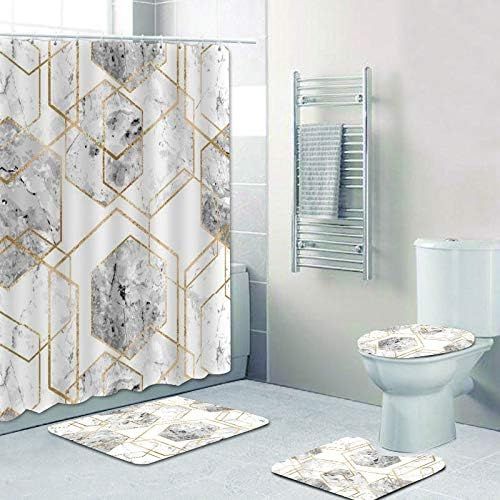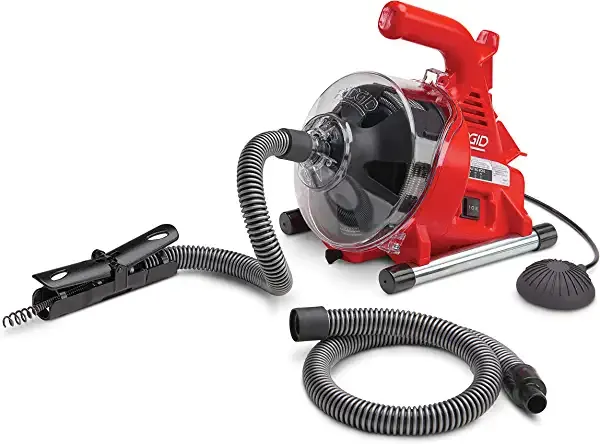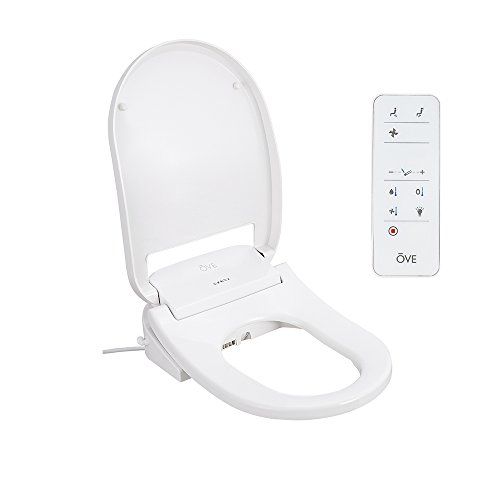how to clean a marble shower
If you've ever wondered how to clean a marble shower effectively without damaging its natural luster, you're in the right place. We're about to share expert tips and tricks to maintain the elegance of your marble shower, ensuring it remains stunning for years. This comprehensive guide caters to both seasoned homeowners and new ones seeking to improve their marble care. Get ready to unlock secrets to a cleaner, brighter marble shower.

Overview
When it comes to understanding how to clean a marble shower, there are numerous factors to consider. The type of marble, the kind of stains you're dealing with, and the products you use play crucial roles in the cleaning process. It's vital to avoid acidic and abrasive cleaners that could damage the marble surface. Moreover, the technique and frequency of cleaning are equally important. Always remember, the key to maintaining a marble shower is regular, gentle cleaning and sealing when needed.
In addition, understanding the type of water you have, be it hard or soft, can affect the way you approach cleaning. Lastly, incorporating preventive measures can help avoid deep-seated stains and etching on your marble shower.
Type of Marble:
Different types of marble have distinct characteristics which can significantly influence the cleaning process. For instance, some varieties are more porous than others, which means they can be more susceptible to staining. Understanding your specific type of marble is the first step towards effective cleaning. A denser marble, such as Carrara, may withstand harsher cleaning techniques than a more porous marble like Emperador. The shine and polish on the marble's surface can also determine the cleaning methodology. A high-gloss marble surface, for example, requires delicate care to maintain its sheen. Therefore, knowing your marble type is not just beneficial but crucial to its maintenance.
Kind of Stains:
The type of stains you're dealing with largely dictates the cleaning approach. Hard water stains, soap scum, mold, and mildew each require specific treatment methods. For hard water stains, you might need a specialized cleaner; soap scum may call for a mild detergent solution. Mold and mildew, on the other hand, often require a more robust, albeit marble-safe, cleaning solution. However, for stubborn or deep-seated stains, you might need to resort to gentle poultice treatments. It's imperative to correctly identify the stain type to apply the most effective cleaning solution.
Cleaning Products:
When it comes to cleaning marble, the selection of cleaning products is key. Given marble's sensitivity to acidity, it's crucial to steer clear of vinegar or lemon-based cleaners. Instead, opt for pH-neutral, marble-safe cleaners that won't etch or dull the surface. Certain soap solutions may also leave a residue, promoting streaking and dullness. For this reason, it's wise to invest in specialized marble cleaners or mild, non-abrasive dish soap. Remember, the right cleaner can make the difference between a dull and a dazzling marble shower.
Cleaning Technique:
The technique you use to clean a marble shower matters as much as the product itself. Always start by wetting the surface before applying any cleaner. This will help prevent the cleaner from absorbing too fast and causing damage. Instead of scrubbing, which can scratch the surface, use a soft cloth or sponge and gentle, circular motions. Rinse thoroughly after cleaning to avoid leaving residues that can dull the marble's shine. When drying, avoid using rough towels. A soft microfiber cloth is your best bet to prevent scratching the marble surface.
Frequency of Cleaning:
Regular cleaning is the cornerstone of maintaining a marble shower. It's advisable to clean your marble shower at least once a week to prevent build-up of soap scum, hard water stains, or mildew. However, daily wipe-downs after showers can significantly reduce the cleaning work. It's a simple task that can save you from tougher cleaning sessions in the future. Keep in mind, excessive cleaning with harsh products can damage the marble, so ensure to strike a balance.
Need for Sealing:
Sealing is an essential aspect of marble maintenance, as it helps protect the surface from stains and etching. The need for sealing largely depends on the type and finish of your marble. Some marbles are more porous and require more frequent sealing, ideally once every six months to a year. It's important to remember that sealing doesn't make the marble stain-proof, but stain-resistant. Therefore, spills should still be cleaned up immediately to prevent absorption.
Type of Water (hard/soft):
Water quality can greatly impact the appearance of your marble shower over time. Hard water, which contains high mineral content, can leave behind unsightly spots and buildup on your marble surfaces. Soft water, conversely, is less damaging but might necessitate different cleaning solutions. If you have hard water, consider using a water softening system or specific hard water stain removers
Q: Can I use vinegar to clean my marble shower?
A: No, it's not advisable to use vinegar to clean your marble shower. Vinegar is acidic and can etch the surface of the marble, causing dull spots. Instead, opt for pH-neutral, marble-safe cleaning products to protect the shine and luster of your marble.
Q: How often should I clean my marble shower?
A: Ideally, you should clean your marble shower at least once a week. This will prevent the buildup of soap scum, hard water stains, and mildew. Additionally, a daily wipe-down after each use can significantly reduce the need for extensive cleaning and help maintain the shine of your marble.
Q: Do I need to seal my marble shower and how often?
A: Yes, sealing your marble shower is crucial as it helps protect the surface from stains and etching. The frequency of sealing depends on the type and finish of your marble, but typically it should be done once every six months to a year. Remember, sealing makes your marble stain-resistant, not stain-proof, so immediate cleanup of spills is still necessary.
Q: Can I use any cleaning product on my marble shower?
A: No, not all cleaning products are safe for marble. Marble is sensitive to acidic substances, so avoid cleaners that contain vinegar, lemon, or other acids. Always opt for pH-neutral, marble-safe cleaners that won't etch or dull the marble surface.
Q: How do I remove hard water stains from my marble shower?
A: Hard water stains can be challenging to remove. A specialized cleaner designed for hard water stains on marble can be effective. Always test any product on a small, inconspicuous area first to ensure it won't damage the marble.
Understanding how to clean a marble shower properly is essential in maintaining its beauty and prolonging its lifespan. It involves knowing the type of marble, the stains you're dealing with, selecting appropriate cleaning products, applying the correct technique, and maintaining a regular cleaning schedule. Sealing the marble, acknowledging the type of water in your home, and implementing preventive measures further contribute to the upkeep of a marble shower.
Ultimately, with the right knowledge and care, your marble shower can remain an exquisite feature in your home for years to come. Be confident in knowing how to clean a marble shower, ensuring its timeless appeal endures.








.jpg)








